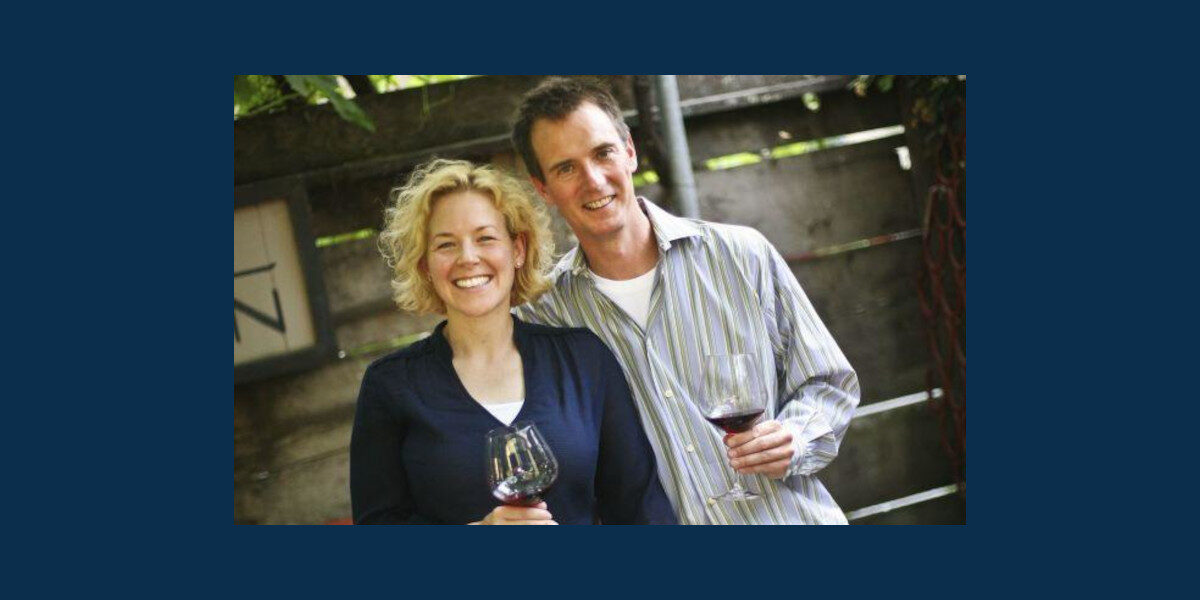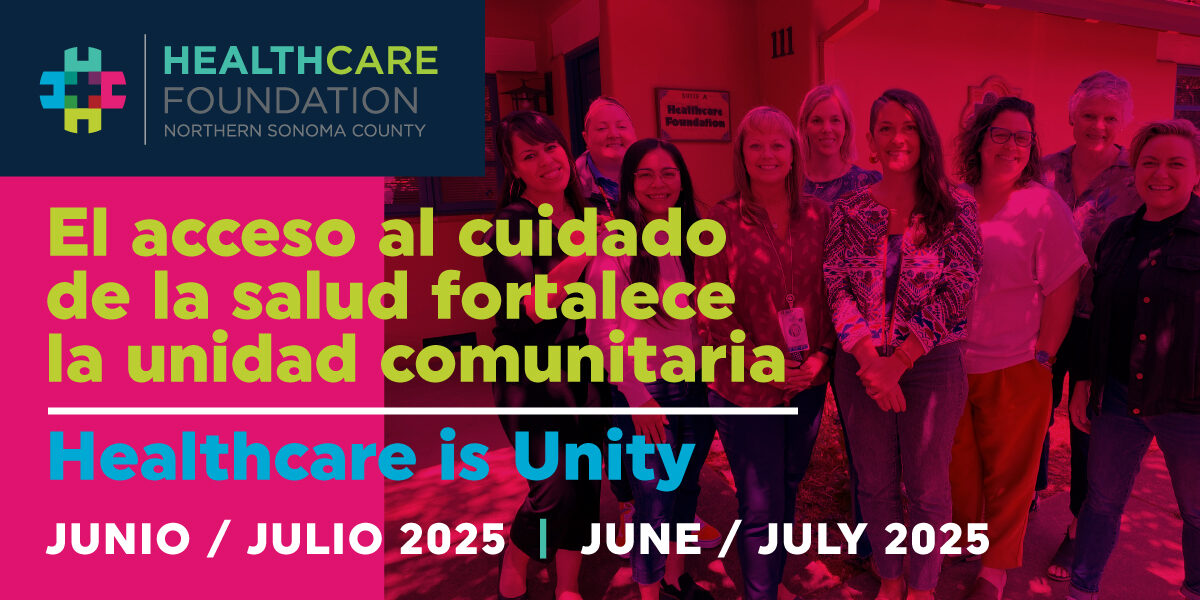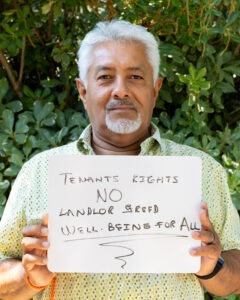

Healthcare Hero Community Partner Spotlight: Cartograph Wines
A Conversation with Serena Lourie and Alan Baker of Cartograph Wines
Healthcare Hero Community Partners are business sponsors who make an annual commitment. As mission-aligned contributors, our Community Partners support the Healthcare Foundation’s vision to eliminate health inequities in our region.
The Healthcare Foundation is pleased to welcome one of our latest Healthcare Hero Community Partners, Cartograph Wines, a Russian River Valley producer specializing in small-lot, elegant Pinot Noir and based in Healdsburg. We had a chance to speak recently with owners Serena Lourie and Alan Baker, the inspired and inspiring couple behind Cartograph, which is also a Certified B Corp dedicated to sustainability and creating positive social and environmental impacts. Alan and Serena founded Cartograph Wines in 2009, and purchased their first vineyard in 2016.
How did you come to found Cartograph Wines and settle in northern Sonoma County?
Alan: Both Serena and I had previous careers. We came to the wine business as our second major career shift. I got my start here in Healdsburg, and then spent some time in San Francisco, which is where Serena and I met. Our real love and passion lies with Pinot Noir, so we wanted to be close to the Russian River Valley. We felt like this was the best fit for us. It’s a really vibrant farming community. Sonoma County, and western Sonoma County in particular, is very much a small-town, small-farm community of family-based farms. We consider ourselves farmers and producers first, and feel like this is a wonderful home for us because the community is really tight and supportive—there’s help to be found no matter what you’re running up against. That’s something we really love about this neighborhood.
What inspires Cartograph’s emphasis on giving back to the community?
Alan: The Tubbs Fire in 2017 was a huge challenge to a lot of people. That really spurred us to want to try to do more for the people around us. We saw so many people who were without homes, businesses that were shut down, and employees who couldn’t earn a living because the vineyards were burned. We started trying to figure out if we could help people deal with everything that was coming at us.
Serena: Another big piece of that was seeing the community rally for each other and the people who had lost so much. It made us feel like this really is our community and we need to step in and help in whatever way we can. That’s what also spurred us to become a B Corp and join 1% for the Planet; it was this belief in our community and our desire to help. While we’re not big enough to impact the wider world, we can have an impact at home and help make life better for people in our community.
“The Healthcare Foundation keeps the focus here [in north county] and with the people who have the ability to actually bring information to the community and make significant changes to further community health. That is really important for us.”
Serena Lourie, Cartograph Wines
How did you first learn about the Healthcare Foundation and what drives you to support its mission?
Alan: It started after we were encouraged to support Alliance Medical Center here in Healdsburg. We’re farmers and winemakers and we rely heavily on our Latinx community to make this whole machine run. We felt like Alliance was doing really important work, helping to keep families healthy and really working with that community. That’s where we became aware of the Healthcare Foundation, since it is a supporter of Alliance. Further conversations with Kim Bender and other folks made us realize that the Healthcare Foundation supports other very important nonprofits in northern Sonoma County as well. And they’re not reinventing the wheel—they’re supporting organizations who have strong missions and tie it together in a really beautiful package of services that they’re supporting. That’s the big picture.
Serena: As we took a deep dive into what the Healthcare Foundation supports and saw where their grants went, we were really impressed that the funds went to people in the community who are doing something for the community. They didn’t go to larger research organizations or places like that. The Healthcare Foundation keeps the focus here [in north county] and with the people who have the ability to actually bring information to the community and make significant changes to further community health. That is really important for us.
Serena, you have a background as a mental health professional. How does the Healthcare Foundation’s focus on mental health factor into your support?
Serena: The mental health field is obviously near and dear to my heart; I was in it forever. One of the things that I found while working in cities is that our clients who had come from more rural areas had less access to mental health services. They had less access and, just as importantly, there weren’t clinicians who were bilingual. That is a huge problem in mental health. To access the pipeline to get help is step one, but then you need a clinician who can actually speak your language and understand your culture. That’s where I think the Healthcare Foundation is just amazing with their Mental Health Talent Pipeline, the scholarships they’re giving. Really highlighting and developing bilingual clinicians is critical.
Alan: Absolutely. And I would add another thing that the Foundation is doing that we are really encouraged by. That’s the Community Wellness Center initiative. I think it’s a really big deal for everyone to feel that there is a place for them—a place where they can feel safe, a place they can trust, where they can build community with folks. We know what isolation has done to us over the last few years. The Community Wellness Center convenings are a really exciting development, and I hope it really blooms into what the Foundation thinks they can be and local communities decide they want.

Related News + Stories
Invest in Our Community
Your support is vital to our collective vision of eliminating health inequities in northern Sonoma County.
Donate



